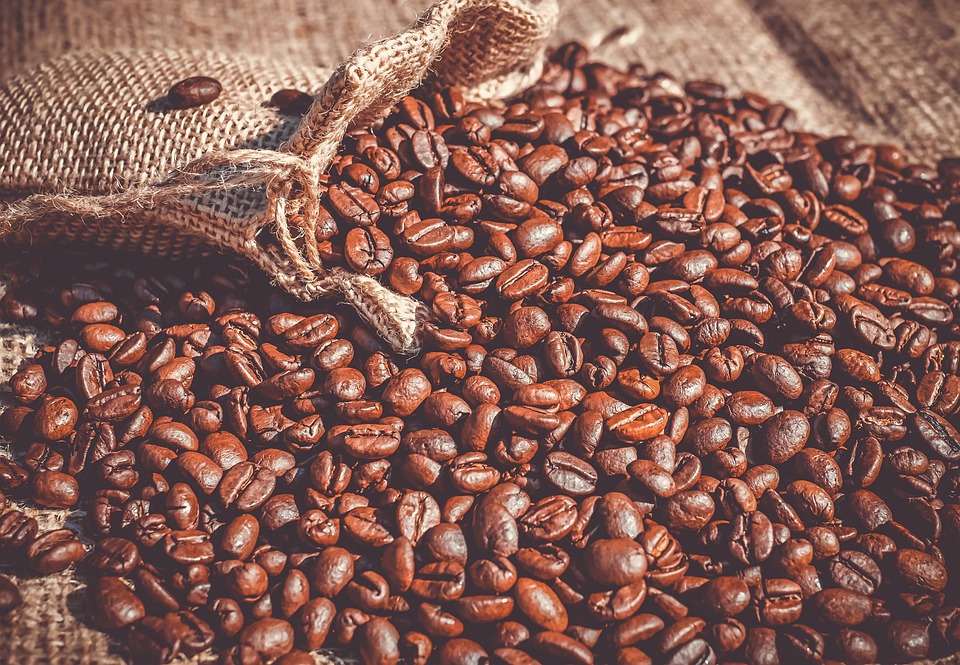Wondering what age is ideal for drinking? Some people can drink coffee from a young age without any issues, while others may not be able to handle the caffeine until they’re a bit older. It really depends on the person.
Let’s dig a little deeper and find out!
Should kids drink coffee?
This is a difficult question to answer definitively, as it depends on the child in question. Some kids might be able to drink coffee with no problems, while others may find it keeps them up at night or gives them an upset stomach.

If you’re unsure, it’s always best to err on the side of caution and avoid giving coffee to younger children.
How does caffeine affect children?
Caffeine affects children differently than adults. Caffeine can interfere with normal sleep patterns and cause stomach upset in children. It can also make it hard for kids to concentrate in school. Some kids may be more sensitive to the effects of caffeine than others.
Caffeine’s Effects on Your Children
Stomach Issues
Caffeine can cause stomach upset in kids, including cramps, bloating, and diarrhea. It’s important to ensure your child stays hydrated if they consume caffeine. Diarrhea can also lead to dehydration, so it’s important to watch your child if they’re having loose stools after drinking coffee or other caffeinated beverages.
Sleep Problems
Caffeine can make it hard for kids to fall asleep and stay asleep. If your child has trouble sleeping, avoid giving them coffee or any other caffeinated drink at least six hours before bedtime. You may also want to cut back on their caffeine intake during the day if they’re having trouble sleeping at night.
Concentration Issues
Caffeine can also make it hard for kids to concentrate in school. If your child struggles to focus in class, talk to their teacher about whether cutting back on caffeine might help them concentrate better.
Caffeine Dependence
Caffeine can be addictive, and people who drink it regularly may develop a dependence on it. This means they’ll feel withdrawal symptoms if they try to quit or cut back on their caffeine intake.

Caffeine withdrawal symptoms can include headaches, fatigue, irritability, and difficulty concentrating. If your child is drinking many caffeinated beverages, talk to them about cutting back to avoid potential dependence.
Calcium
Caffeine can also have an impact on calcium absorption in kids. Caffeine is important for bone health, so it’s something to keep in mind if your child regularly drinks caffeinated beverages. You may want to talk to your child’s doctor about whether they need to take a calcium supplement if they drink a lot of coffee or other caffeinated drinks.
Calories
Overindulging in caffeine can also lead to weight gain in kids. Caffeinated beverages often contain sugar and calories, which can contribute to obesity if they’re consumed in excess. If your child is drinking many caffeinated beverages, talk to them about cutting back to avoid potential weight gain.
Some kids might be able to drink coffee with no problems, while others may find it keeps them up at night or gives them an upset stomach.
Teeth
Caffeine can also have an impact on teeth. Coffee, tea, and soda can all stain teeth. If your child drinks a lot of caffeinated beverages, they may need to take extra care of their teeth to avoid stains. You may also want to talk to your child’s dentist about whether they need to take special steps to protect their teeth from staining.
Caffeine Withdrawal Symptoms
If your child is drinking many caffeinated beverages, talk to them about cutting back to avoid potential dependence. Caffeine withdrawal symptoms can include headaches, fatigue, irritability, and difficulty concentrating.
If your child regularly experiences these symptoms after cutting back on caffeine, they may depend on the substance.


